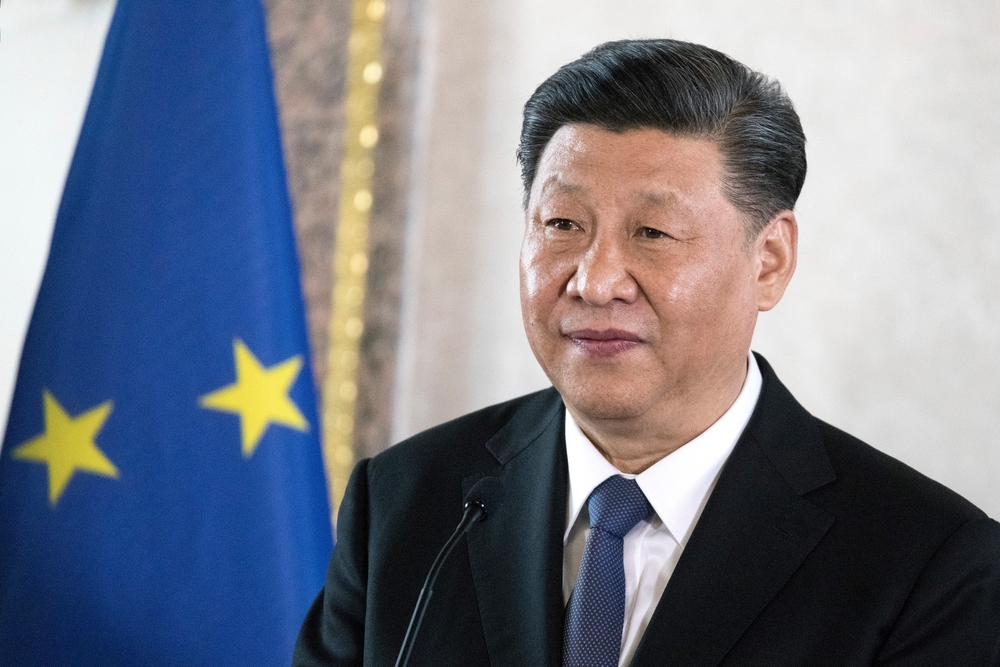A U.S. court strikes down sweeping Trump-era tariffs.
Others are reading now
China on Thursday urged the United States to cancel what it calls “unjustified unilateral tariffs” after a U.S. court blocked a key part of former President Donald Trump’s trade policy, delivering a fresh legal setback to the Republican leader.
Speaking at a regular press briefing, Chinese Ministry of Commerce spokeswoman He Yongqian said, “China calls on the United States to listen to the rational voices of the international community and various national actors and completely cancel these unjustified unilateral tariffs.”
The comments follow a U.S. court decision issued Wednesday that struck down Trump’s so-called “reciprocal” tariffs — blanket import duties of at least 10% applied to goods from countries that imposed higher tariffs on American products.
This was reported by Digi24.
Also read
Court: Tariff Move Was Overreach
The U.S. Court of International Trade ruled that Trump overstepped his authority when he used the 1977 Economic Emergencies Act to justify these tariffs.
According to the court, only Congress has the power to impose such broad customs duties.
The ruling could mean the U.S. government will need to refund billions of dollars collected from businesses that paid the now-invalid tariffs.
“Anyone who has had to pay tariffs up until now will be able to get them back,” said Ilya Somin, a law professor at George Mason University, who was part of a legal team representing several small companies that challenged the policy.
Appeal Already Filed
The Justice Department wasted no time in filing an appeal.
Legal experts say the case could eventually land at the U.S. Supreme Court, with broader implications for presidential powers over trade policy.
The Trump administration had introduced the tariffs during its trade war with China and other countries, arguing they were necessary to protect U.S. manufacturing and correct trade imbalances. Trump frequently described the duties as “reciprocal” tariffs — a way to punish countries that charged higher rates on U.S. goods.
But critics, including many in the business community and both political parties, said the move hurt American importers and consumers more than it helped.
Beijing has long opposed the Trump-era tariffs, many of which remain in place under President Joe Biden.
Thursday’s court decision has reignited China’s call for a full rollback.
“The U.S. should meet China halfway and create favorable conditions for restoring stable economic and trade relations,” said He Yongqian.


